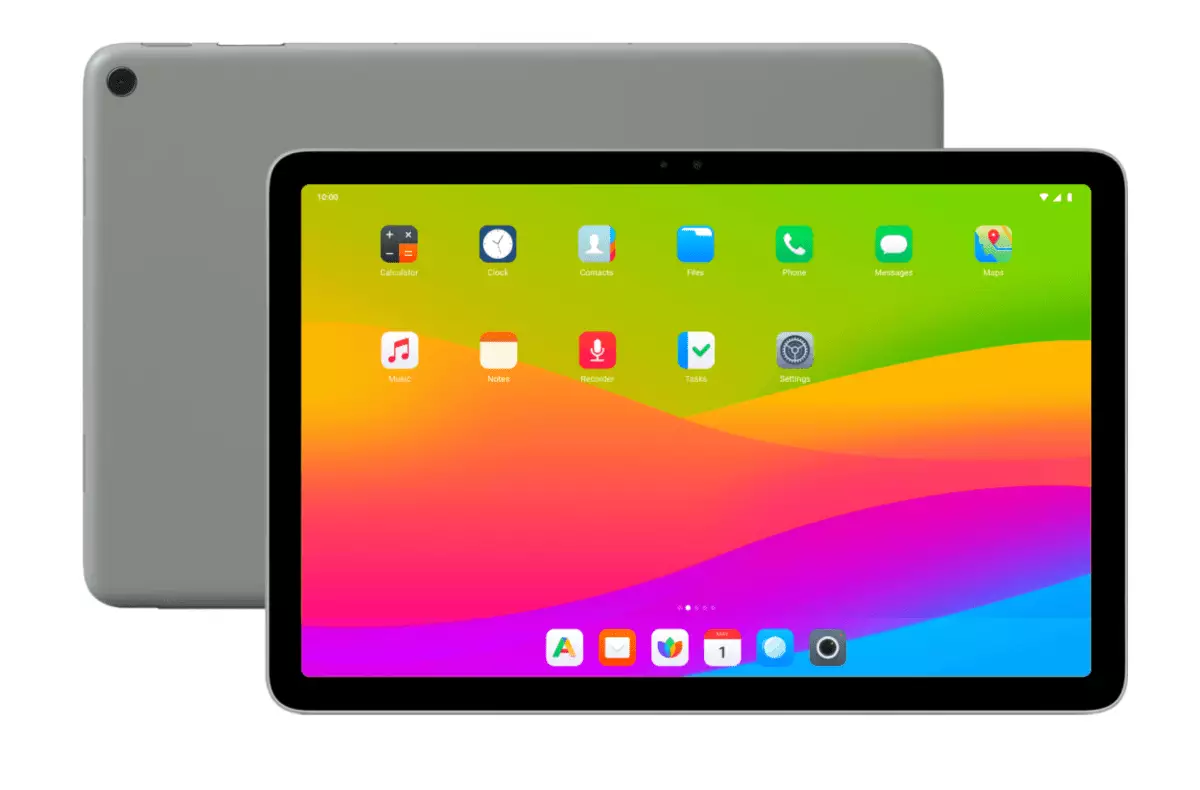In an age where digital privacy concerns loom large, Murena, a French technology firm, is pioneering a solution with its innovative “deGoogled” devices. Building upon its success with smartphones, Murena has now introduced a tablet variant, specifically designed for those who wish to break free from the extensive ecosystem of Google services. This move signifies a profound shift in the way users can engage with technology, trading convenience for a stronger emphasis on digital privacy.
Murena’s latest offering, the Pixel Tablet, distinguishes itself through the adoption of /e/OS, an open-source operating system that serves as an alternative to the standard Android experience. This 10.95-inch LCD display tablet comes equipped with decent specifications, boasting 128 GB of internal storage and 8 GB of RAM, which positions it as a capable device for various tasks. Priced at €539 (or $549 in the U.S.), this tablet caters to a growing market segment increasingly wary of data tracking by corporate giants like Google.
One of the central tenets of Murena’s philosophy rests on establishing a “privacy-focused Android experience.” By deliberately omitting Google apps and services, the Pixel Tablet allows users to minimize data tracking, ensuring that personal information is not harvested unnecessarily. Murena’s commitment to privacy doesn’t merely make for an appealing marketing pitch; it encapsulates a broader movement advocating for user autonomy and data protection in an increasingly interconnected world.
However, transitioning away from the comforts of Google’s ecosystem presents inherent challenges, particularly regarding app availability. The Murena Pixel Tablet lacks the Google Play Store, opting instead for the App Lounge, its curated marketplace designed to facilitate app downloads while safeguarding user anonymity. This approach allows access to various applications that are typically hosted on platforms like Google Play and F-Droid, albeit with some caveats. For instance, to download paid apps, users are still required to log in via a Google account, which somewhat detracts from the device’s privacy-centric promise.
To further enhance their offering, Murena has also developed alternatives to widely-used applications. The inclusion of Workspace—a freemium suite for file storage, backup, and document editing—allows users to engage in productivity tasks without compromising their privacy. With 1 GB of free storage complemented by paid plans for those requiring more space, Workspace epitomizes Murena’s thoughtful integration of necessary functionality alongside its privacy goals.
Murena’s foray into the tablet market with the Pixel Tablet is more than just a product launch; it represents an ideological shift towards prioritizing user privacy in technology. While challenges remain, particularly regarding app availability and integration with existing ecosystems, the steps Murena has taken mark a crucial evolution in how we may engage with digital devices in the future. As privacy continues to be a pressing concern for users globally, innovations like the Murena Pixel Tablet might just pave the way for a more secure and user-focused technological landscape.

